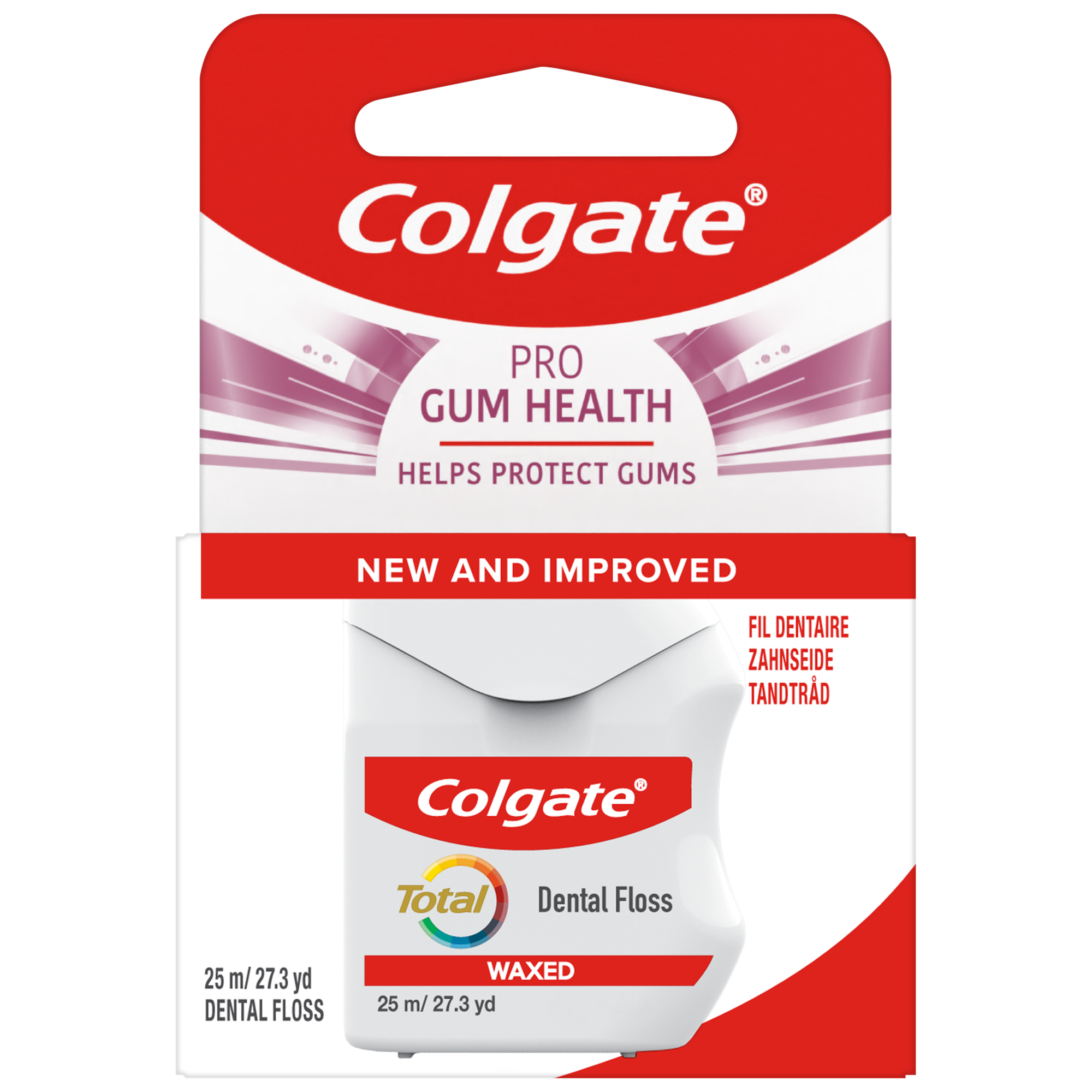
S Nathoo1, E Delgado2, YP Zhang2, W DeVizio2, D Cummins2,
LR Mateo3
Comparing the efficacy in providing instant relief of dentine hypersensitivity of a new toothpaste containing 8.0% arginine, calcium carbonate, and 1450 ppm fluoride to a benchmark desensitising toothpaste containing 2% potassium ion and 1450 ppm fluoride, and to a control toothpaste with 1450 ppm fluoride: A three-day clinical study in New Jersey, USA.
In: Journal of Clinical Dentistry 2009; 20 (Spec Iss): 123-130
1 Oral Health Clinical Services LLC, Piscataway, NJ
2 Colgate-Palmolive Technology Center, Piscataway, NJ
3 LRM Statistical Consulting, Hoboken, NJ
Study objective:
To compare the efficacy in reducing dentine hypersensitivity of toothpaste containing 8.0% arginine, calcium carbonate, and 1450 ppm fluoride to a desensitising and to a fluoride control toothpaste, immediately after direct application using a fingertip, and after subsequent twice daily brushing for 3 days.
Trial conditions and methods
Products under investigation
Test: ColgateR Sensitive Pro-Relief Toothpaste containing 8.0% arginine, calcium carbonate, and 1450 ppm fluoride as Sodium Monofluophosphate (MFP). Potassium Nitrate KNO3 control: Toothpaste containing 5% Potassium Nitrate (KNO3) and 1450 ppm fluoride as NaF. Fluoride control: Toothpaste containing 1450 ppm fluoride as MFP. (Colgate Palmolive, New York, NY).
Study subjects
125 subjects (aged 18 - 74 years) with established dentine hypersensitivity (two hypersensitive teeth with a tactile sensitivity score [Yeaple probe] of 10-50 grams of force and an air blast score of 2 or 3 on the Schiff Cold Air Sensitivity Scale).
Methods
In this double-blind, parallel group study, 125 subjects were stratified and randomly assigned to the test (n=42), the KNO3 (n=41) or the fluoride (n=42) group. Subjects first applied a pea-sized amount of toothpaste directly to the sensitive area of each of the baseline designated teeth with a fingertip and massaged each for 1 minute. Subjects then brushed with their assigned product and a soft bristled toothbrush twice daily for 3 days. Tactile and air blast sensitivity scores were determined immediately after direct topical application, and after 3 days of product use. Statistical analyses were performed separately for tactile and air blast scores. Comparisons of treatment groups with respect to baseline were performed using analysis of variance (ANOVA). Comparisons between treatments using baseline adjusted scores were performed using analysis of covariance (ANCOVA).
Results
Immediately after direct application and after 3 days, subjects in the test group experienced statistically significant improvements from baseline in tactile (185.6% and 216.4%, respectively) and air blast (60.5% and 74.2%, respectively) sensitivity scores. Moreover, at the same time points, the test group experienced statistically significant improvements compared to the KNO3 group in tactile (161.2% and 147.1%, respectively) and air blast (59.8% and 70.1%, respectively) sensitivity scores, and statistically significant improvements compared to the fluoride group in tactile (180.2% and 181.2%, respectively) and air blast (58.0% and 70.9%, respectively) sensitivity scores. With respect to the control groups, subjects in the Potassium Nitrate group experienced statistically significant improvements from baseline in tactile (13.3% and 32.6%, respectively) and air blast (5.8% and 17.3%, respectively) sensitivity scores, and subjects in the fluoride group experienced statistically significant improvements from baseline in tactile (1.9% and 12.5%,respectively) and air blast (1.8% and 7.6%, respectively) sensitivity scores. No statistically significant differences between the KNO3 and the fluoride control groups were indicated immediately after direct application or after 3 days of twice daily brushing.
Conclusion
Colgate® Sensitive Pro-Relief Toothpaste provides statistically significant relief of dentine hypersensitivity, immediately after direct application with a fingertip, relative to a potassium nitrate and Fluoride toothpaste and a Fluoride alone toothpaste.

Join us
Get resources, products and helpful information to give your patients a healthier future.
Join us
Get resources, products and helpful information to give your patients a healthier future.







